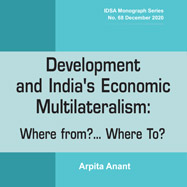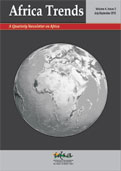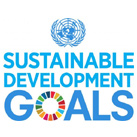Counterinsurgency and “Op Sadhbhavana” in Jammu and Kashmir
Critiques of the Indian Army's counterinsurgency practice have overlooked a critical aspect of “organisational innovation and operational learning” formalised as Op Sadhbhavana. These initiatives have had a limited but salutary impact in transforming the conflict in Jammu and Kashmir.
- Arpita Anant |
- 2011 |













